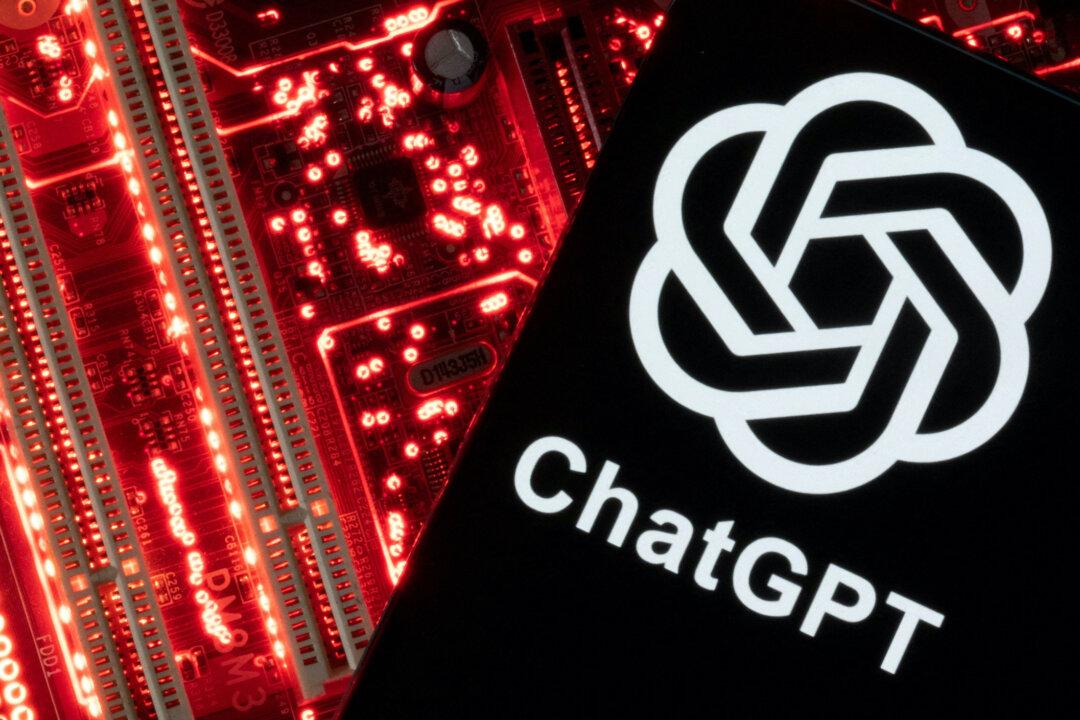Content created by Artificial intelligence (AI) could soon be labeled as such, as a bill has been prepared in Congress for its regulation.
Rep. Ritchie Torres (D-N.Y.) is planning to introduce a bill that will require any content produced by AI—whether it be text, image, or video—to have a disclaimer attached to it informing that it was generated by AI.





